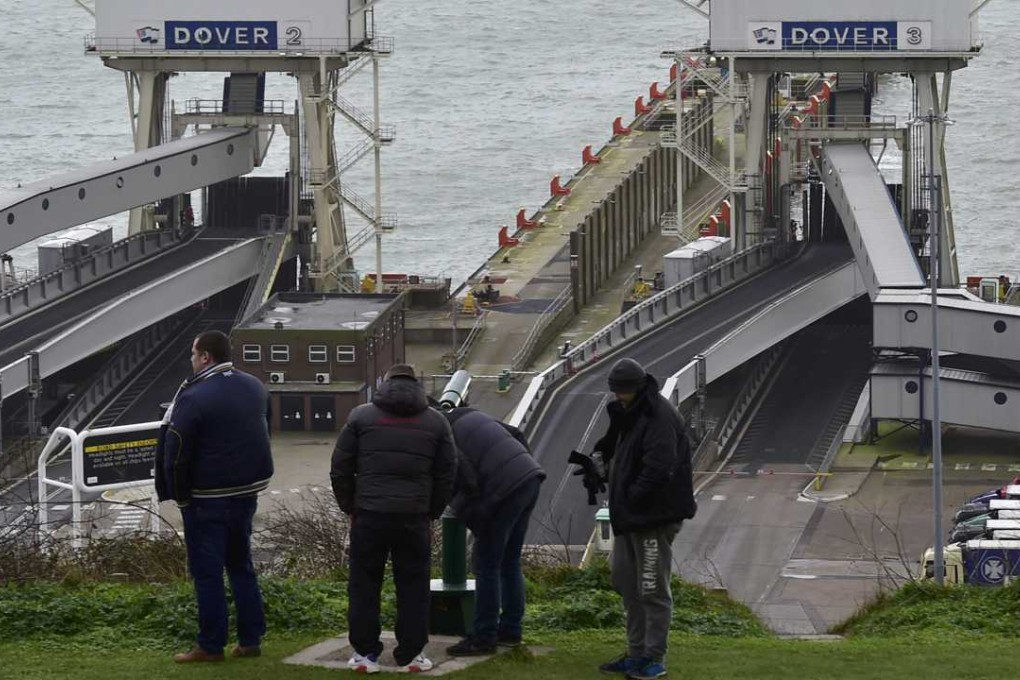Brexit and the bitter fruit of de-globalisation
Britain’s trade prospects will diminish and the cost of raising capital may rise

A British exit from the European Union wouldn’t just weaken the economies of both parties, but might mark a significant step back from globalisation.
Embedded in that idea is the prospect of the partial unwinding of a number of forces that for decades have increased economic growth and the returns enjoyed by investors.
British financial markets have suffered a drubbing since the start of this year as polls narrowed on the outcome of a promised “Brexit” referendum which is now seen happening as early as June.
Sterling and British shares have dropped sharply and forecasters now see the Bank of England as being in far less of a hurry to raise interest rates.
A renegotiation by British Prime Minister David Cameron of the terms of the country’s membership of the EU is progressing, setting the stage for an agreement at a summit next month.
Europe’s experience of mass immigration and asylum-seeking has probably not helped sentiment towards the EU in Britain, and Cameron, a qualified supporter of remaining in, has good reason to want to get a vote in before fair weather brings another increase of migration to Europe’s doors.